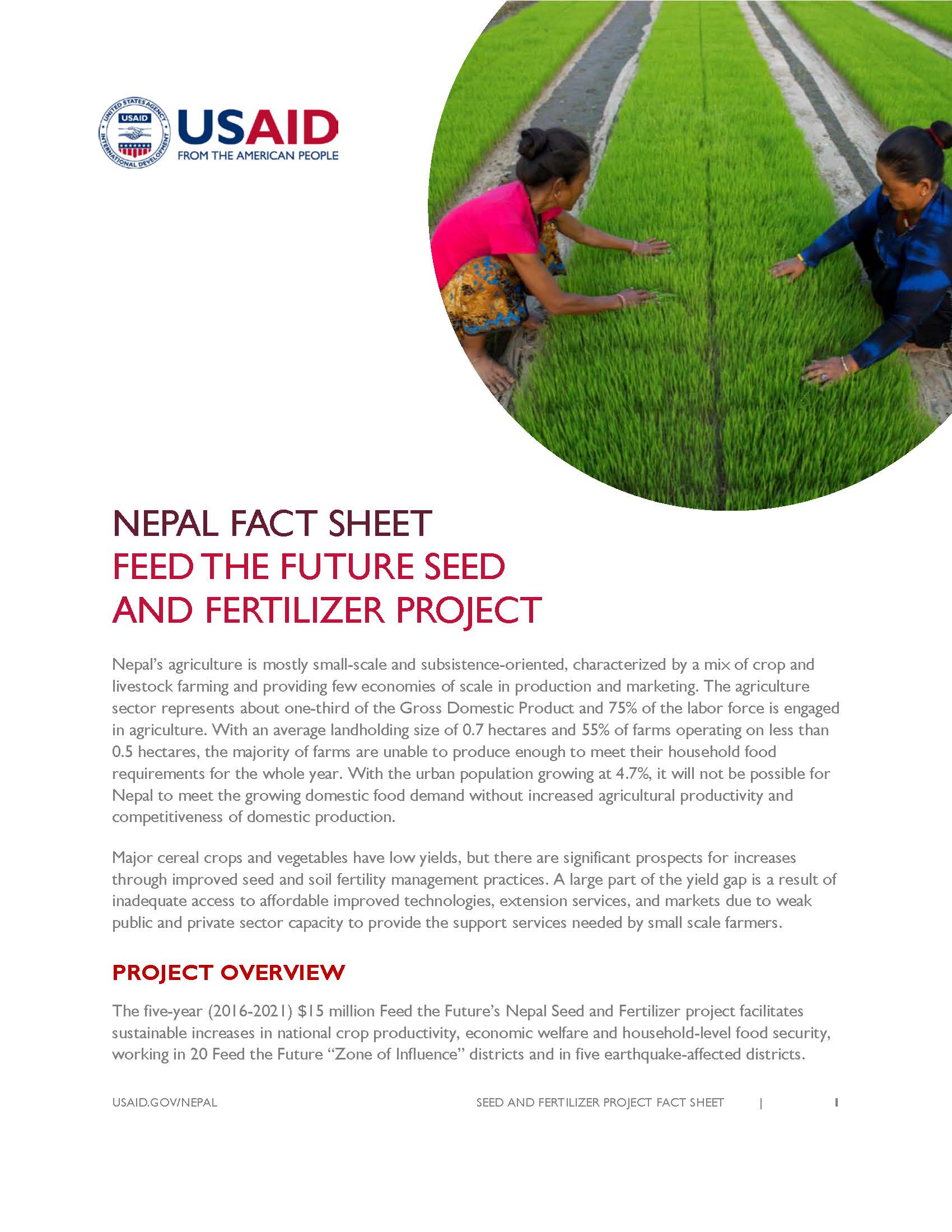Feeding the Future: A Guide to Organic Seed Suppliers in the USA
With curiosity, we open a new chapter on the captivating topic related to Feeding the Future: A Guide to Organic Seed Suppliers in the USA. Let’s share thoughtful ideas and provide new outlooks for the readers.
Video about Feeding the Future: A Guide to Organic Seed Suppliers in the USA
Feeding the Future: A Guide to Organic Seed Suppliers in the USA

In an era where sustainability and healthy living are paramount, the demand for organic food has skyrocketed. Central to this movement is the use of organic seeds, the foundation of a bountiful and chemical-free harvest.
This article explores the landscape of organic seed suppliers in the USA, guiding you through the diverse options available and empowering you to make informed choices for your garden, farm, or homestead.
Understanding Organic Seeds
Organic seeds are non-GMO seeds produced and handled according to strict guidelines set by the USDA National Organic Program (NOP). They are grown without the use of synthetic pesticides, herbicides, fertilizers, or genetically modified organisms (GMOs).
Choosing organic seeds ensures:
- Healthier Ecosystems: Organic seeds promote biodiversity, healthier soil, and a balanced ecosystem, ultimately contributing to environmental sustainability.
- Reduced Pesticide Exposure: By avoiding synthetic pesticides, you decrease the risk of encountering harmful residues on the food you grow and contribute to a safer environment for yourself and future generations.
- Enhanced Flavor and Nutrition: Many gardeners and farmers believe that organic seeds produce fruits, vegetables, and grains with richer flavors and increased nutritional value.
Navigating the World of Organic Seed Suppliers
Finding the right organic seed supplier is crucial for ensuring the quality and integrity of your seeds.
1. Local Seed Companies:
Support small, local businesses and build a connection to your community by purchasing seeds from local seed companies. Many of these companies specialize in regionally adapted varieties, offering seeds that are best suited to your local climate and soil conditions.
2. Specialty Seed Companies:
Numerous companies specialize in specific types of seeds, such as heirloom varieties, open-pollinated seeds, or organic seeds specifically suited for organic farming practices. These companies often have extensive knowledge and experience in their niche, providing valuable information and support to their customers.
3. Online Seed Retailers:
The internet has revolutionized seed purchasing, offering a vast selection of organic seeds from diverse suppliers. Websites like RareSeeds.com, SeedsofChange.com, and HighMowingSeeds.com offer organic seeds alongside valuable resources and educational content.
4. Seed Savers Exchange:
Founded in 1975, the Seed Savers Exchange (seedexchange.org) is a non-profit organization dedicated to preserving heirloom and open-pollinated seeds. They offer a wide selection of organic seeds and host events and workshops to promote seed saving and biodiversity.
5. Cooperative Extension Offices:
Your local Cooperative Extension office (extension.org) is a valuable resource for finding information about organic seed suppliers in your area. They can provide guidance on suitable seed varieties, growing techniques, and local resources.
Choosing the Right Organic Seeds
1. Open-Pollinated vs. Hybrid Seeds:
Open-pollinated seeds produce offspring that are true to type. Hybrid seeds, while often high-yielding, may not produce identical offspring. If you plan to save seeds from your harvest, open-pollinated varieties are the best choice.
2. Heirloom Varieties:
Heirloom varieties are treasured for their unique traits, history, and flavor. They are typically open-pollinated and have been passed down through generations of gardeners. Some popular resources for heirloom seeds include:
- HighMowingSeeds.com
Closure
We trust this article has deepened your understanding of Feeding the Future: A Guide to Organic Seed Suppliers in the USA. We hope you found this article helpful and insightful. See you in the next article!.

No comments:
Post a Comment